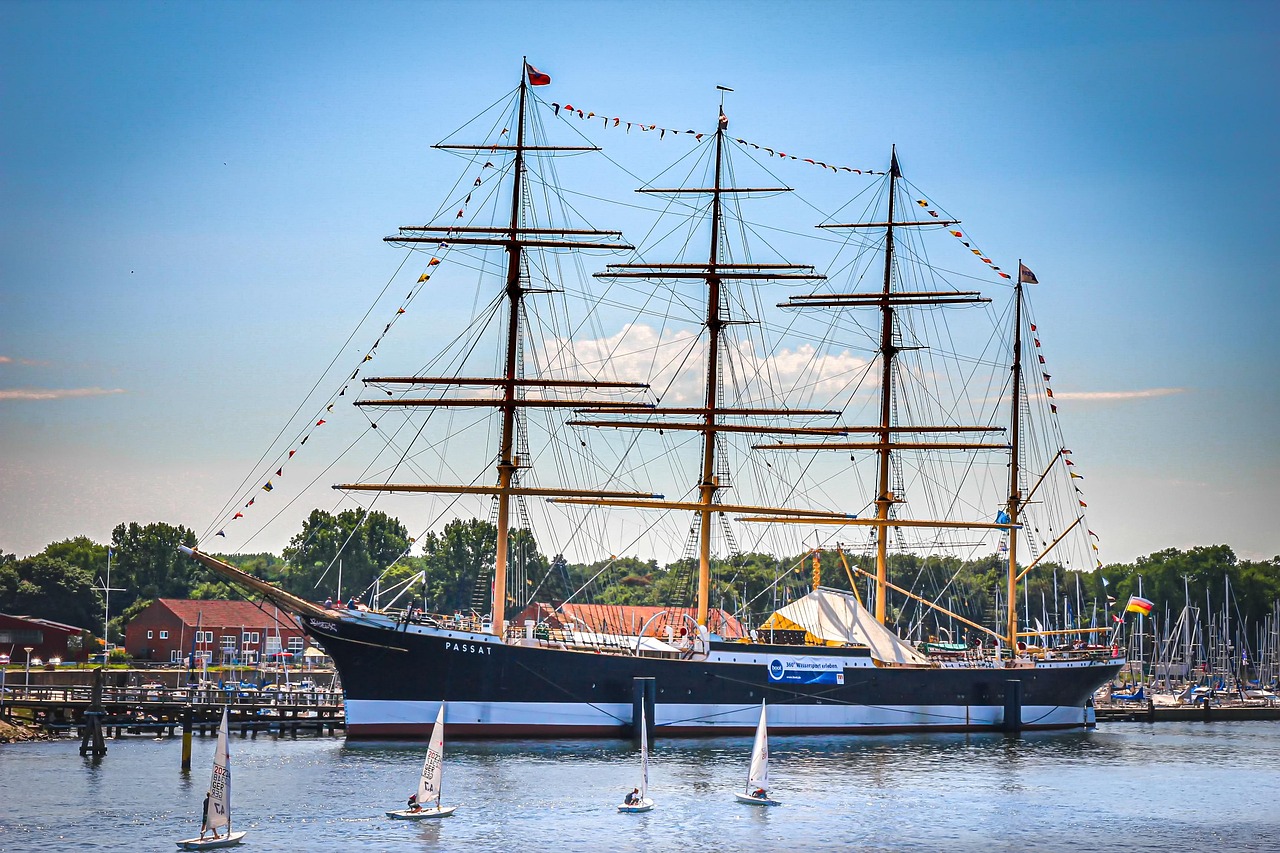Ahoy, friends! We’re still in January. Some developments have occurred, such as an unexpected breakup, a sibling moving, and never hearing back from job applications. Granted, those jobs were for tugboat positions, which I am no longer interested in.
In this week’s post, I will share my thoughts on the pros and cons of working in the Merchant Marine. This is as much for my benefit as it is for you if you are considering a career at sea.
In no particular order, here are some realities of working at sea. Ready to learn more? Let’s sign aboard.
Pro: Free Travel
When you work aboard vessels, you are essentially being paid to travel. On most ships, you will get to spend some time ashore during your hitch. Often times this means getting to do some sightseeing in port, or drinking at a bar in some far-flung port.
During my time at sea, I’ve gone to bars in the UAE, Barbados, Curacao, Puerto Rico, and Mexico, among other places. In fact, my first legal drink was in a bar called Sopranos, in Willemstad, Curacao. Good memories.
Your shipmates will often go with you to sightsee, dine, or do any activity ashore. Safety in numbers, after all. Some of the best times I had in port were with shipmates. One time, a shipmate of mine got drunk and decided to sing karaoke. That was pretty hilarious.
Con: Lack of Medical Care
When you are out at sea, particularly aboard cargo ships, you have limited access to medical care. There is no medical doctor or nurse aboard, so when problems do arise, you only have your shipmates for help.
There is no onboard pharmacy, so if you need medicine, you only have access to what you brought aboard, and what is in the ship’s stores. I take prescription medication, so when I shipped out, I had to take enough of my meds to cover the whole hitch.
Different types of vessels will have more or less access to medical care. When I was aboard Mass Maritime’s training ship, we had a medical doctor on board. The same was true for the research vessel. By contrast, the LNG carriers I sailed aboard had no medical personnel aboard.
Pro: Job Security and Income
Mariners of all stripes are in demand right now. Every position seems open, from deck officers to engineers to ABs to stewards. This allows for a high level of job security, more so than most jobs on shore.
When out at sea, the vast majority of your expenses are covered, such as your meals and your accommodation. You save quite a lot of money this way, so that when you are on shore, more money is in your pocket.
The rate of pay is slightly higher than on shore. If you are good with your money, then you will have enough income to last you from one hitch to another.
Con: Living Conditions
Your living conditions aboard can vary widely, depending on the type of ship, who is on the crew, or the age of the vessel.
For example, good food is very important to a ship’s crew because it is one of the few perks of being out there. When I worked aboard the LNG carrier Point Fortin, I ate well. However, I heard stories of ships where the food was not so good, which is a huge downer for the crew.
You may find yourself with a cabin to yourself or with roommates. Aboard the LNG carriers, I had my own private cabin. Aboard the academy training ship, by contrast, I had 88 roommates in a big hold. That was… less than ideal.
Pro: Time Off
When your hitch aboard a large ship is over, you frequently have a few months or even half a year of time off. It’s very liberating to come ashore and have nothing but time.
You can spend that time however you want. Go on an extended vacation, work a second job, volunteer… the choice is yours! Frequently when I came ashore, I would take some time away, then seek out my next hitch.
The best part is that you will never be called back to the ship during your time off, allowing you to completely dissociate from work. Very few shore-based jobs allow you to do that.
Con: Time Away
The most difficult part of the job, by far, is the time spent away from family. This may be the biggest con of all for the shipboard life.
When I shipped aboard the LNG carriers, I was away for three months at a time. I had to create a support system when on board because I was separated from my parents and siblings. That proved challenging at times, even though I ultimately made it work.
During my time at sea, I was not romantically involved with anyone. That said, I knew plenty of guys whose marriages and relationships suffered because of their absence. After all, absence makes the heart wander. If I want a wife someday, do I want to risk my marriage falling apart because I’m at sea?
Conclusion
Ever since Timber died, the possibility of returning to sea has seemed more likely than ever. Still, there is much to consider, and even more to talk over with my support system here on shore.
I miss the sailor’s lifestyle, but if I go to sea, I will miss my current job just as much. Honestly, I’m not sure what I will do just yet, but I will work one more season at my current job, and then reassess where I am in a year.
As always, thanks for reading!
